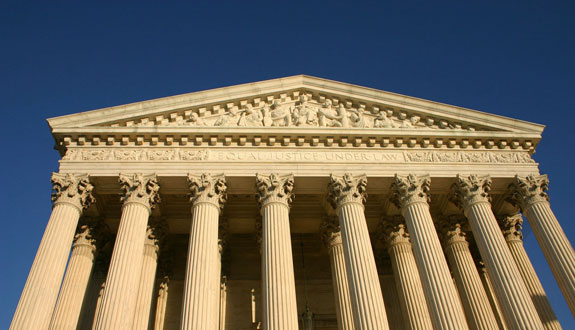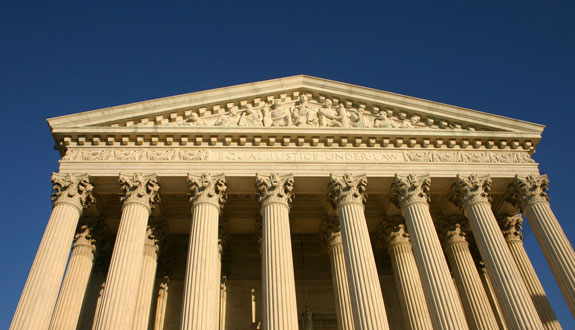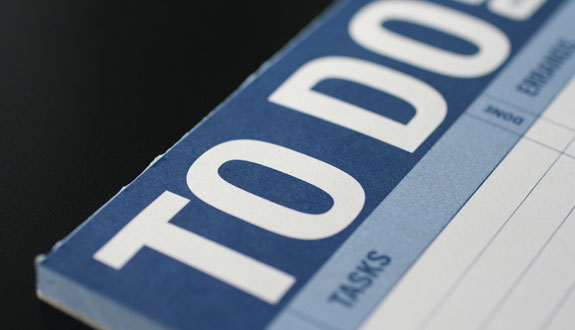
In a recent profile, Supreme Court justice Samuel Alito recently held forth on the LSAT and on the U.S. News and World Report law school rankings. He’s not a fan. He feels differently about the Philadelphia Phillies.
The LSAT, he says, gets too much emphasis from law schools. He asks, “What in life is a multiple choice test?” He calls the U.S. News rankings “an abomination.”
I’ll readily agree with Alito that the U.S. News rankings get way more attention than they deserve. They often get treated as if they were incontrovertible fact, when really they’re just one magazine’s assessment based on its choice of factors. And some of those factors, such as expenditures per student, faculty-student ratio, and library size, have probably contributed to the high cost of legal education as law schools jockey to improve their standing.
But Alito hits on the reason the rankings are here to stay: “I gather that all these rankings are one of these things that keeps U.S. News and World Report in the black—unlike Newsweek.” As long as people keep paying attention to the rankings, and the rankings keep making money for the magazine that produces them, they’re not going anywhere. The only way that would change is if everyone stopped paying attention, and that’s not going to happen no matter how many Supreme Court justices weigh in. But prospective law students would be well advised to check out other sources of info, such as Law School Transparency’s Score Reports. Also check this LSAT blog Wednesday for our take on Above the Law’s law school rankings.
Alito is also right when he points out that the rankings are one of the reasons for the huge emphasis law schools place on the LSAT. Since everyone pays so much attention to the rankings, law schools want to do what they can to improve their standing, and one way they do that is to pursue students with high LSAT scores.
But while it’s true, as Alito says, that life isn’t a multiple-choice test, that doesn’t mean that a multiple-choice test such as the LSAT can’t test valuable skills. The LSAT’s consistent predictive validity means that, even if law school rankings were to disappear tomorrow, law schools would still pay lots of attention to their applicants’ LSAT scores. A combination of LSAT score and GPA is the best predictor of law school performance, and that’s what law schools use.
Since this is an LSAT prep blog, I’ll steer clear of politics. But let me just point out that Alito’s beloved Phillies were pretty much the last Major League Baseball team to join the 21st century and hire a stat guy.




